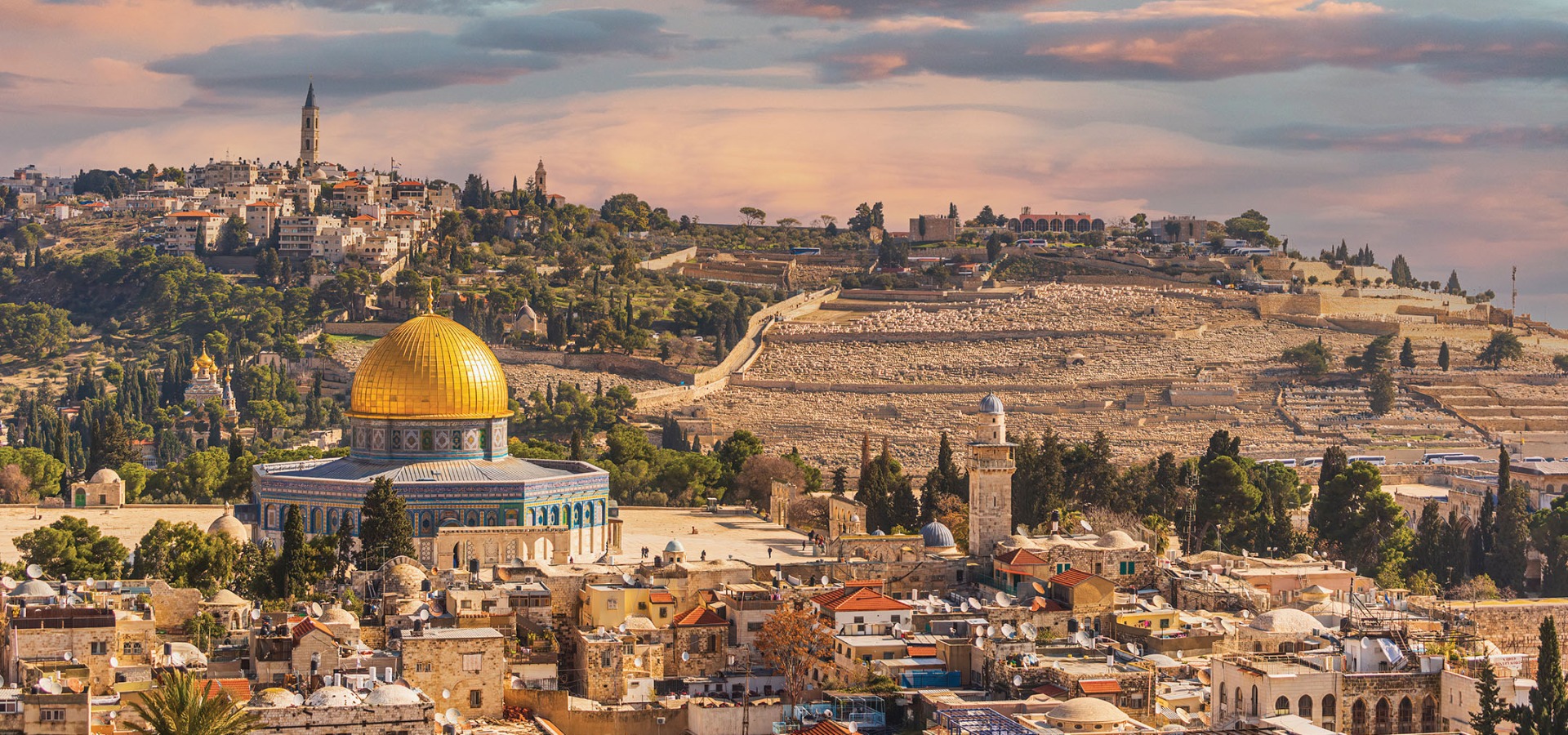Exploring Faith on the Road – A Journey into Religious Travel
In a world full of diverse beliefs and religions, exploring faith while traveling has become an enriching experience for many seekers. This unique blend of cultural immersion and spiritual awakening has given rise to religious travel, where individuals embark on journeys to sacred sites, temples, and churches to connect with their faith on a deeper level. In this blog post, we will delve into the world of religious travel, its significance, and offer tips for planning your own soul-stirring pilgrimage.
1. The Significance of Religious Travel:
Religious travel holds tremendous significance for individuals seeking to deepen their spiritual connection. It provides an opportunity to witness firsthand the sacred rituals, traditions, and architecture associated with various faiths. By immersing yourself in the beliefs and practices of different religions, you gain a broader understanding of the world’s religious diversity. This enriching experience can foster personal growth, inner peace, and a broader perspective on life.
2. Choosing Your Destination:
The first step to planning a religious travel experience is selecting your destination. Research different religious sites and consider your own religious or spiritual inclinations. Some popular destinations include the Vatican City, Jerusalem, Mecca, Varanasi, and Kyoto. Each offers a unique experience, hosting sacred sites, festivals, and important religious events.
3. Preparing for Your Journey:
Once you’ve chosen your destination, start preparing for your journey. Familiarize yourself with the customs, traditions, and etiquette of the place you’ll be visiting. This includes understanding appropriate dress codes, behavior within religious sites, and any specific rituals or practices you may need to observe. It’s also important to check if there are any entry requirements, such as visas or permits, for your chosen destination.
4. Embracing the Experience:
While on your religious travel journey, it’s essential to embrace the experience fully. Respect the religious sites you visit by following their rules and guidelines. Take part in the rituals, ceremonies, or prayers, if appropriate, and be open to learning from the local religious leaders or practitioners. Engage with the local community, ask questions, and seek guidance to gain a deeper understanding of the faith you are exploring.
5. Documenting Your Journey:
Religious travel is a profoundly personal experience, and documenting it can help you preserve precious memories. Take photographs, maintain a travel journal, or even create a blog to share your experiences with others. Sharing your journey can inspire and educate others who may be considering their own religious travel adventures.
6. Reflecting on the Experience:
Once your religious travel journey comes to an end, take time for reflection. Contemplate the lessons learned, the connections made, and the impact it had on your own faith or spirituality. Consider how you can integrate these experiences into your daily life, and how they may have transformed your beliefs or practices.
Religious travel is a transformative and deeply enriching experience. It allows individuals to connect with their faith on a profound level, while also gaining a greater understanding and appreciation for the world’s religious traditions. By embarking on this journey, you open yourself up to personal growth, cultural immersion, and a broader, more inclusive worldview. So, pack your bags, embrace the unknown, and embark on a soul-stirring pilgrimage to explore faith on the road.











